Breadcrumbs
- Home
- About Us
- SREMI International Advisory Board
SREMI International Advisory Board
The IAB acts in an advisory capacity to the Director of SREMI to:
-
Generally engage interdisciplinary thinking, stimulate dialogue, provide advice on shaping the research agenda and catalyse research, education, consulting, advocacy and public policy initiatives.
-
Provide strategic advice on the activities and direction of the SREMI with the goal of making the SREMI the international leader in emergency medicine research and related teaching.
Service as an IAB member is voluntary. The committee reflects a diversity of interdisciplinary thinking and expertise in Emergency Medicine and related fields across the international health research community and society at large.
International Advisory Board Members
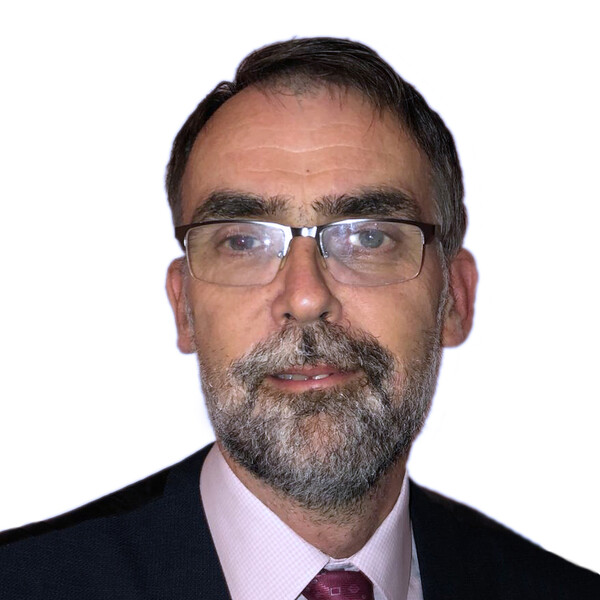
Matthew Cooke
Dr. Matthew Cooke is a retired emergency physician and Professor of Clinical Systems Design at Warwick Medical School. He is now an advisor to various digital healthcare companies. Dr. Cooke was previously the NHS National Clinical Director for Emergency Care in England and a WHO advisor in emergency care. He was also Deputy Medical Director, and then Director of Strategy for a large NHS Hospital. He has extensive experience in supporting improvement and change in emergency care in the UK and internationally and has undertaken extensive research in emergency care.
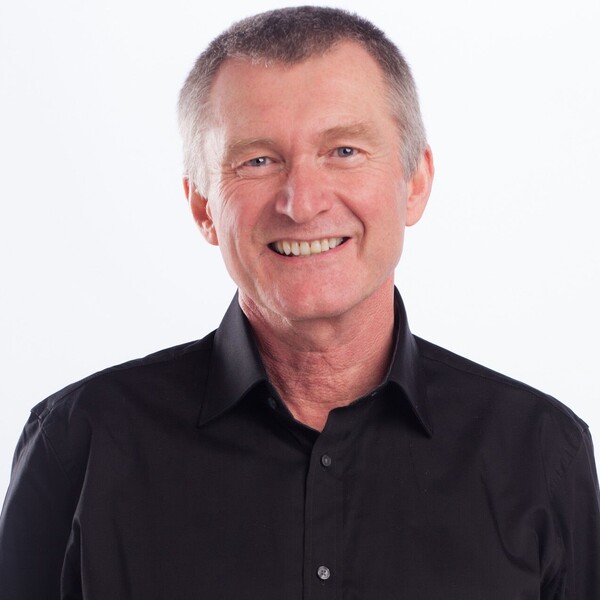
Jim Christenson
Dr. Jim Christenson is a recently retired emergency physician at St. Paul’s Hospital and Professor and past Head of the Academic Department of Emergency Medicine in the Faculty of Medicine at the University of British Columbia. He has a wide range of experience in emergency care clinical research and is a Co-Lead for the Canadian Resuscitation Outcomes Consortium. He chairs the Resuscitation Advisory Committee for the Heart and Stroke Foundation of Canada and leads the Kwiis Hen Niip project to improve emergency care in remote Nuu-chah-nulth communities on the west coast of Vancouver Island. Dr. Christenson is a Senior Medical Advisor to Emergency Care BC, a health improvement network within the Provincial Health Services Authority. He served as Chair of the IAB from 2018 to 2024.
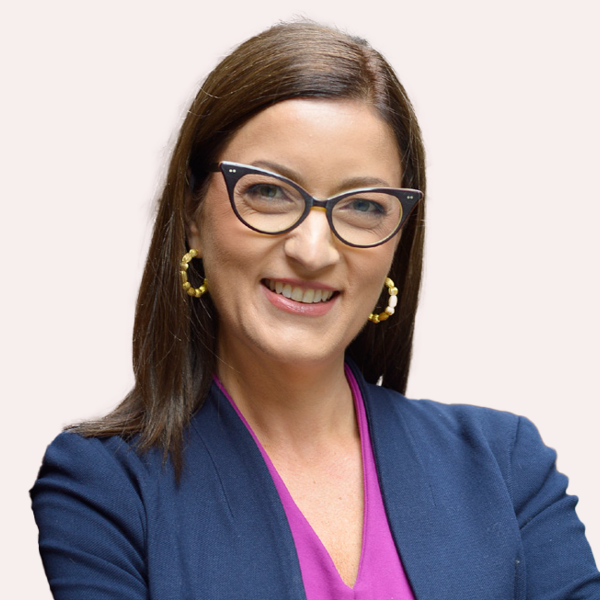
Danielle Martin
Dr. Danielle Martin is Professor and Chair of the Department of Family and Community Medicine (DFCM), University of Toronto. Dr. Martin is an active family physician and a respected leader in Canadian medicine. She holds a Masters of Public Policy from the School of Public Policy and Governance at the University of Toronto and teaches health policy and health system leadership. Dr. Martin spent eight years as a senior hospital executive, most recently as Executive Vice President and Lead Medical Executive at Women’s College Hospital. She now leads the largest academic department of family and community medicine in the world: DFCM is home to over 2000 faculty members who provide care to communities across Ontario and beyond.
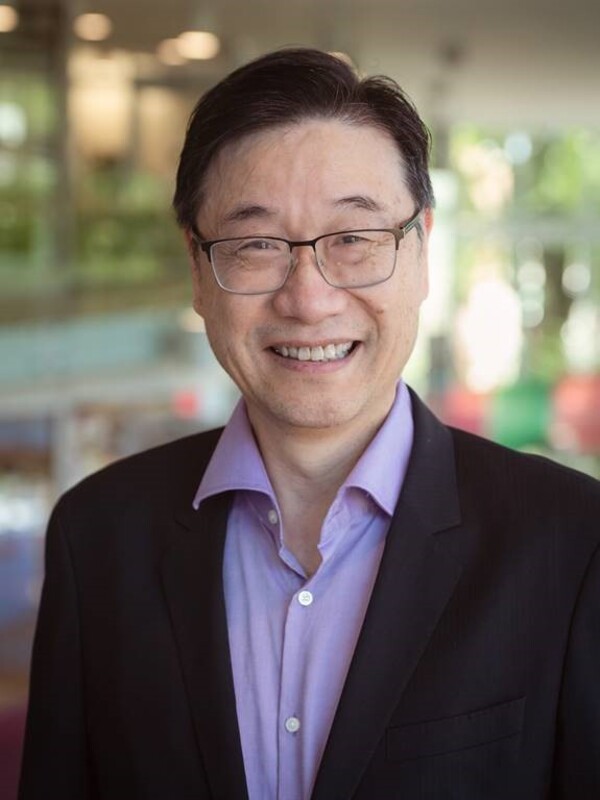
Kendall Ho
Dr. Kendall Ho is an emergency physician, Professor at the University of British Columbia (UBC) Faculty of Medicine and Lead of the Digital Emergency Medicine Unit. He is the medical director of the BC Ministry of Health HealthLink BC virtual physician program, and collaborates with provincial partners on implementing and evaluating the BC Real Time Virtual Support provincial virtual care services. His research focuses on virtual care, wearables and sensors, and multicultural engagement in digital health literacy to support patient transitions. His research and education in digital health has received awards and recognition of the BC Medal of Good Citizenship.
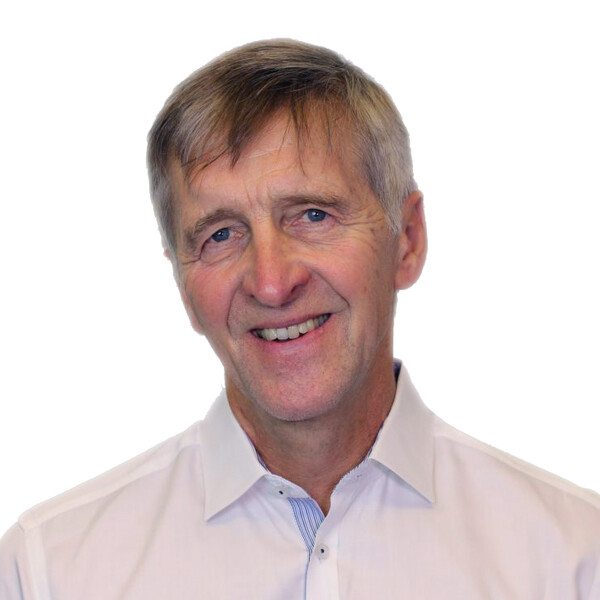
John McLaughlin
Dr. John McLaughlin is a Professor Emeritus of epidemiology in the Dalla Lana School of Public Health at the University of Toronto. He recently retired as Executive Director for the Canadian Partnership for Tomorrow’s Health (CanPath), which is Canada’s largest health study with over 330,000 participants being followed in a prospective cohort study. He previously served as the inaugural Chief Science Officer at Public Health Ontario, as Vice President at Cancer Care Ontario and other leadership roles across Ontario’s research and health systems. His research focuses on advancing disease prevention, addressing disparities and improving health system performance, which has led to more than 350 publications.
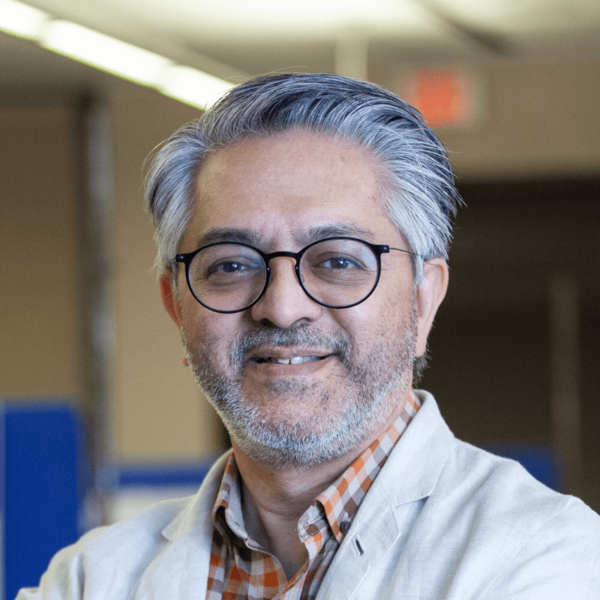
Peter Selby
Dr. Peter Selby is a Senior Scientist and Senior Medical Consultant at the Centre for Addiction and Mental Health. He is the Vice-Chair, Research and Giblon Professor in Family Medicine Research at the University of Toronto. His research focuses on innovative methods to understand and treat addictive behaviours. He has received over 100 million dollars of grant funding from CIHR, NIH, and the Ontario Ministry of Health and has >200 peer reviewed publications. His most recent research program utilizes a Learning Health Systems approach to investigate how technology equitable collaborative care can enhance the delivery of evidence-based interventions to patients.
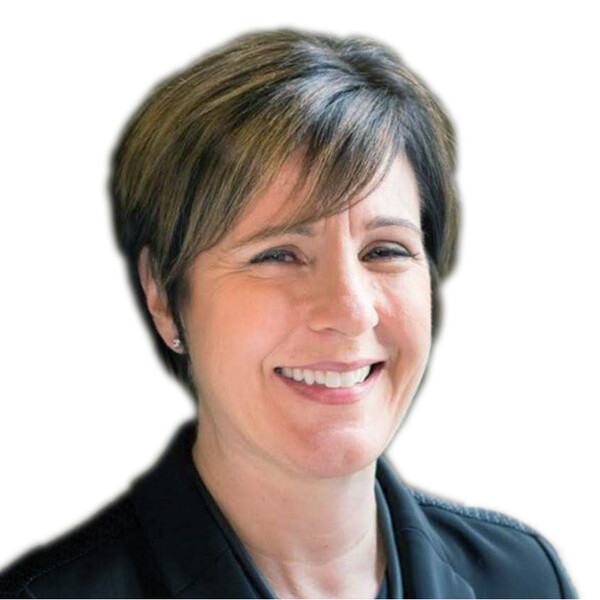
Lynn WIlson
Dr. Lynn Wilson is the Vice Dean, Clinical and Faculty Affairs and Associate Vice Provost, Relations with Health Care Institutions, and Professor and past Chair of the Department of Family and Community Medicine at the University of Toronto. Dr. Wilson was the co-director of BRIDGES, an Ontario Ministry of Health funded project to support the design, implementation and assessment of innovative models of care that promote integration in the healthcare system. Dr. Wilson has practiced comprehensive family medicine for over 35 years. Her clinical interests have included substance use disorders, mental health, palliative care, primary care obstetrics, and care of the elderly.
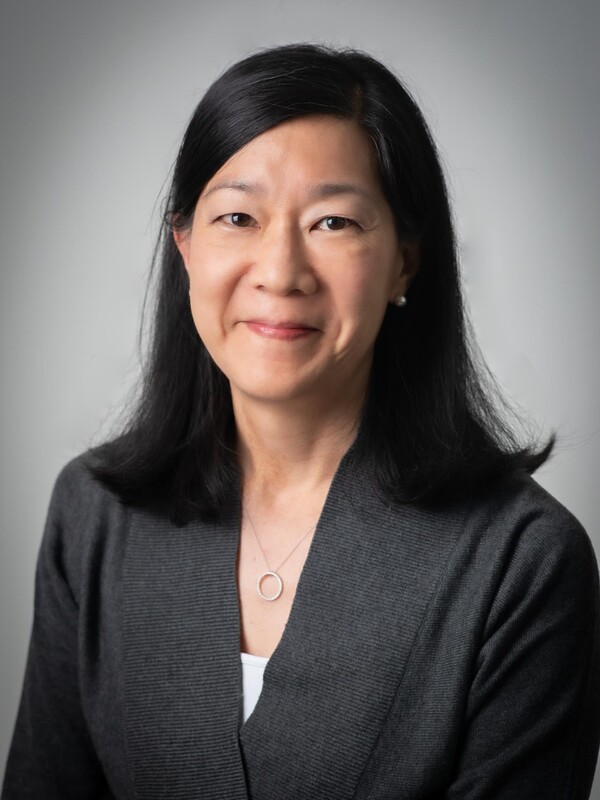
Ula Hwang
Dr. Ula Hwang is an emergency physician and Professor in the Ronald O. Perelman Department of Emergency Medicine and Department of Population Health at New York University. She is the Medical Director for Geriatric Emergency Medicine. She co-led the development of the Geriatric ED Guidelines and serves on the Board of Governors for the American College of Emergency Physician's Geriatric ED Accreditation program. She is the co-PI of the Geriatric ED Collaborative, a national implementation program supported by the John A. Hartford Foundation and the West Health Institute and is the PI of the National Institute on Aging funded Geriatric Emergency care Applied Research Network.
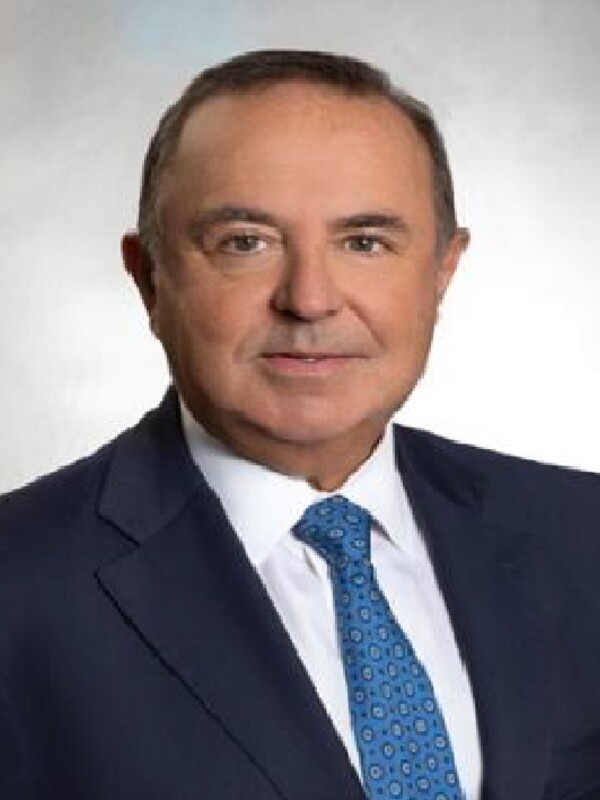
Luis F. Lobón
Dr. Luis Lobón is Vice President for Mass General Brigham Global Advisory, former Vice-Chair of and current physician at Mass General Brigham Enterprise Emergency Medicine, and Assistant Professor at Harvard Medical School. Dr. Lobón holds a Master’s in Health Policy and Management from New York University, and is an alumnus of the Brigham Leadership Program, a joint program with Harvard Business School. He previously served as Program Director for the International Emergency Department Leadership Institute, focusing on global challenges in acute unscheduled care. With over 25 years of healthcare leadership and advisory expertise, Dr. Lobón currently leads the business organization aiming to expand the Mass General Brigham mission globally.

Judy Morris
Judy Morris is an emergency physician and trauma team leader at Hôpital du Sacré-Cœur de Montréal, and a member of the emergency department’s research team. In this role, she has collaborated on numerous local and multicenter research projects in emergency medicine. She is the current president of Association des médecins d’urgence du Québec (AMUQ) as well as the chair of the leadership committee of the Canadian Association of Emergency Physicians (CAEP). Dr Morris is an Associate Professor at University de Montréal’s faculty of medicine. Since 2018, she has served as the Assistant Director of the Department of Family and Emergency Medicine.
